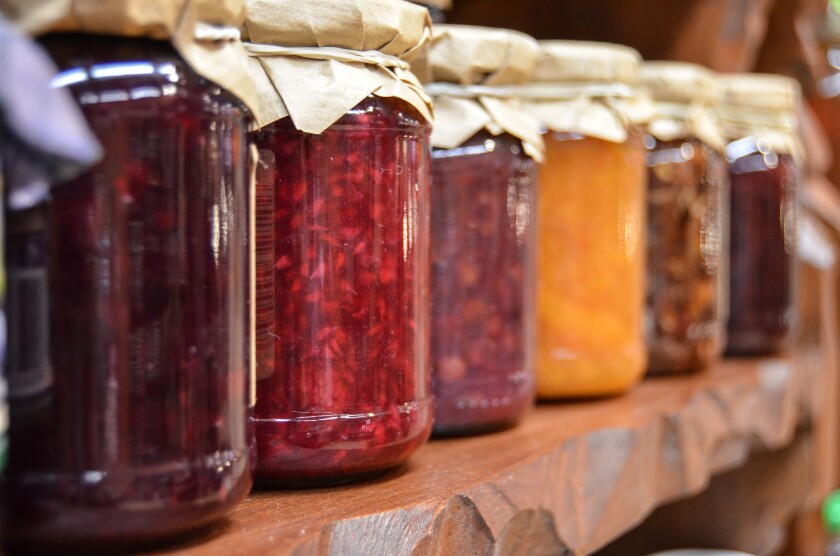Both companies in this case sell jam. Cairn Foods has a trademark registration in class 29 for a mark comprising the word Sun and a device of various fruits, whereas Netrade has a later registration in class 29 for the mark Royal Sun.
When Netrade used an unregistered logo featuring various fruits and the term Mixed Fruit Jam, Cairn Foods sued for trademark infringement and passing off. There was proof of actual confusion.
First instance decision
The first court held the marks were not confusingly similar. Inexplicably it said that Cairn Foods’ registration was simply a device (seemingly ignoring the word “Sun”). The plaintiff appealed.
Appeal court overrules
The appeal court looked to South African law for guidance and cited a number of cases that deal with issues such as the need to consider notional use, the notional consumer, and the general impression of marks.
Unsurprisingly the court overruled the earlier court’s decision that the plaintiff’s mark did not comprise the word “Sun”, describing it as “so grossly unreasonable in its defiance of logic as to attract interference on appeal”.
The approach should not be to conduct a “forensic audit of the two marks... the law does not require the court to closely peer at the mark and the offending mark to find similarities and differences”.
The correct test “is an assessment of the impact which the respondent’s mark would have on the average consumer … deception or confusion is a matter of first impression not an outcome of study”.
The result
There was both infringement and passing off. The court granted an injunction.
There is nothing ground-breaking here, but it is a welcome addition to African IP jurisprudence!












